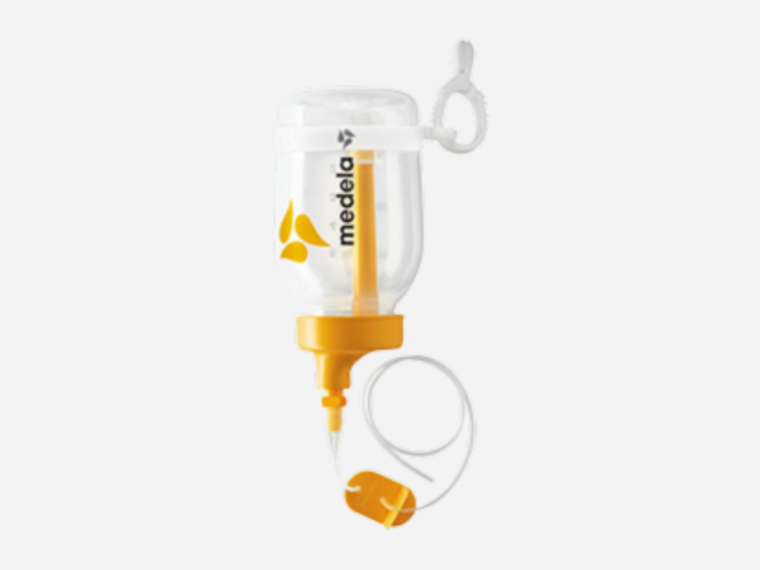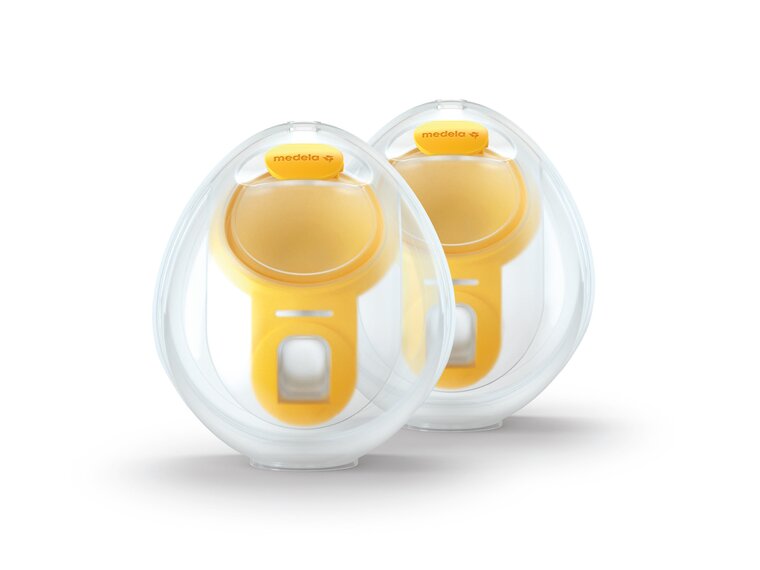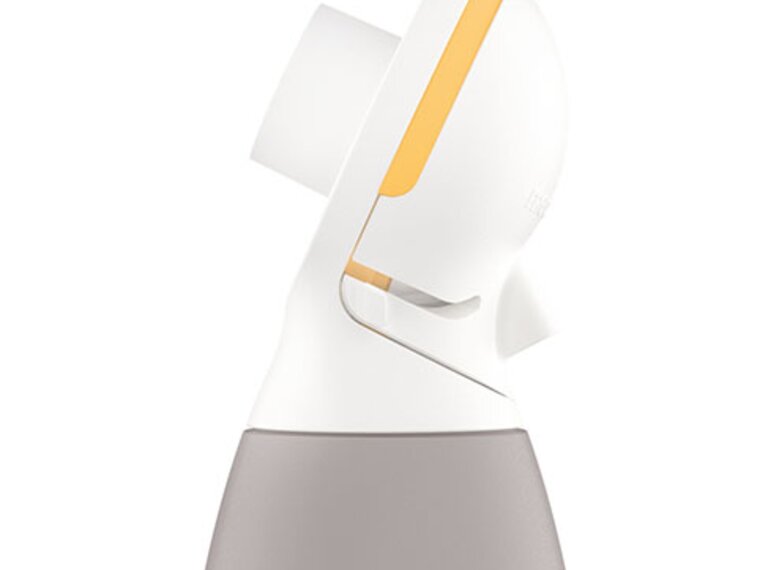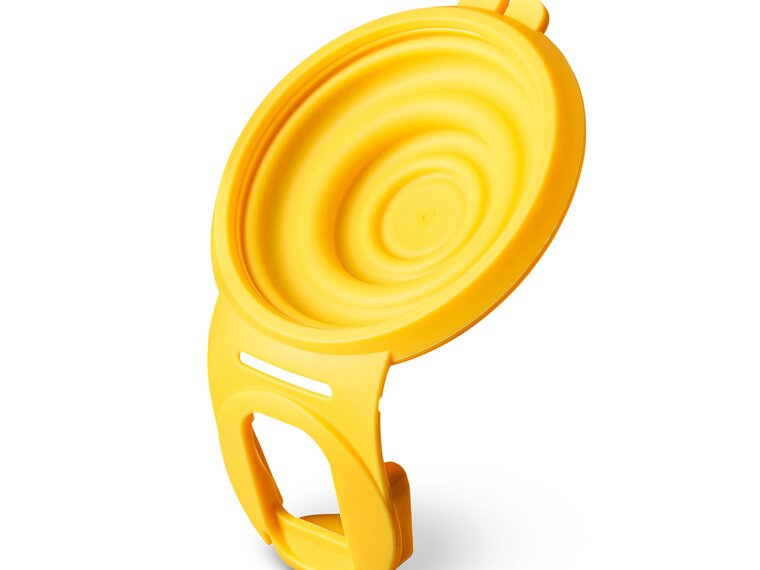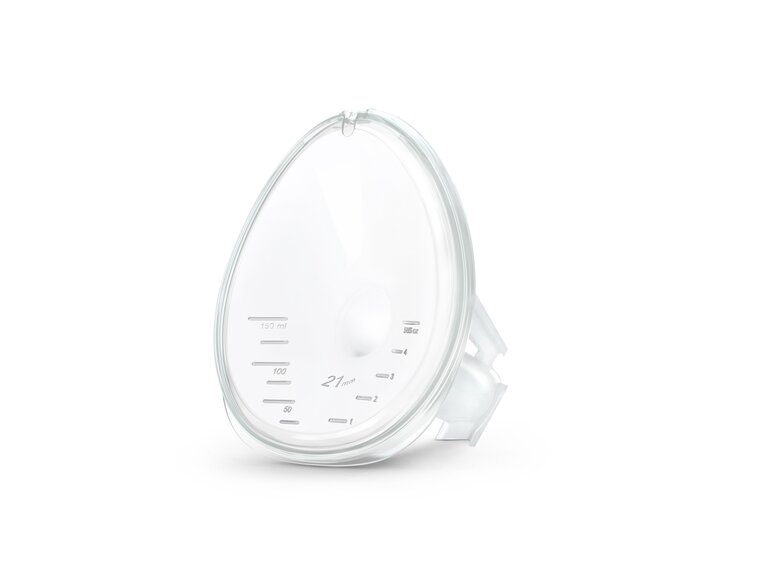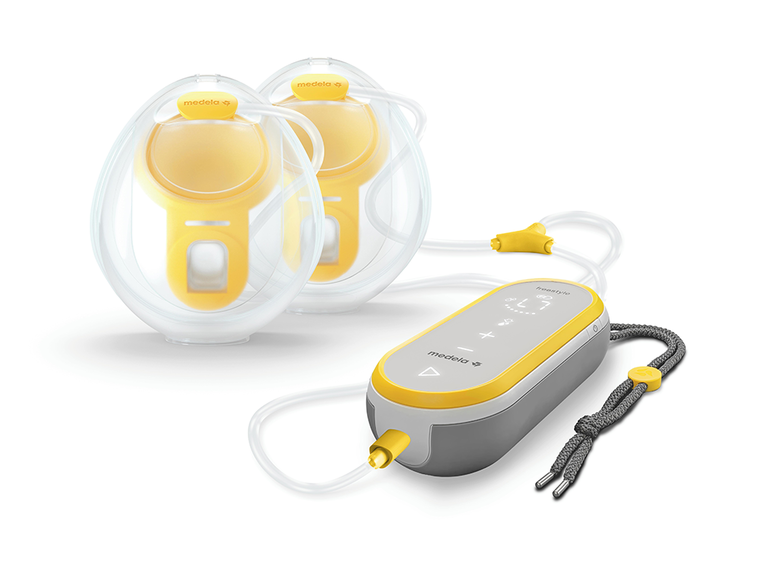
Hands-free Electric
Hands-free breast pumps feature in-bra collection cups for multi-tasking and an internal rechargeable battery, so you don’t have to be plugged into a wall while using. Choose from single or double cups.
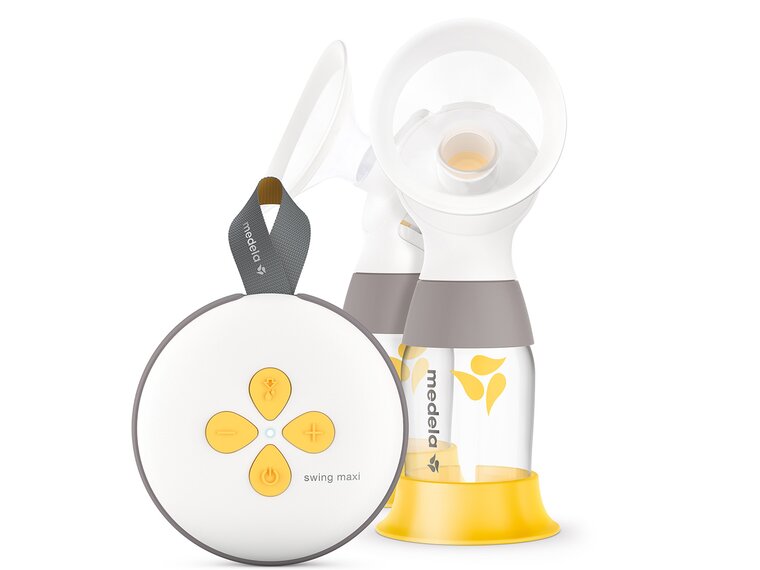
Classic Electric
Our electric breast pumps feature 2-Phase Expression technology, which mimics babies’ natural sucking rhythms, allowing mums to express more breast milk in less time.
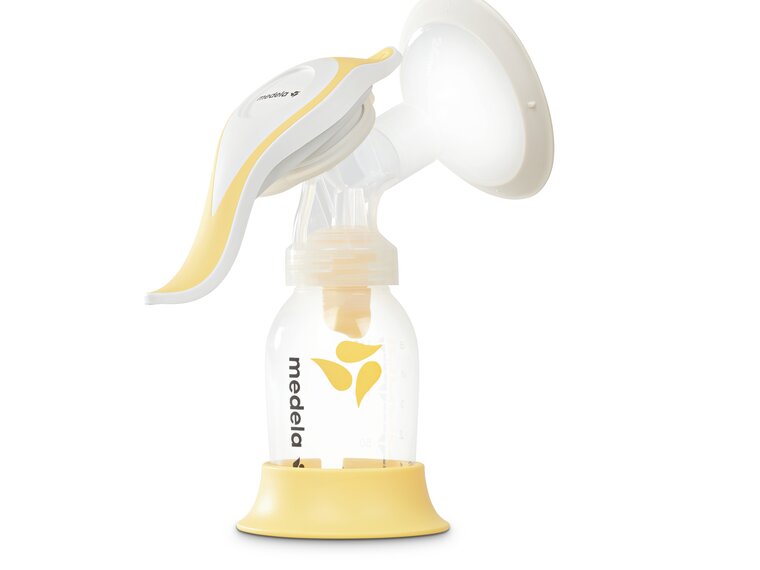
Manual
Single manual breast pumps are perfect for mums who express occasionally and need a lightweight travel companion.

Symphony - No 1 Hospital Pump
Medela Symphony® is a reliable, multi-user breast pump for hospitals and home rental, ideal for long-term and frequent pumping.
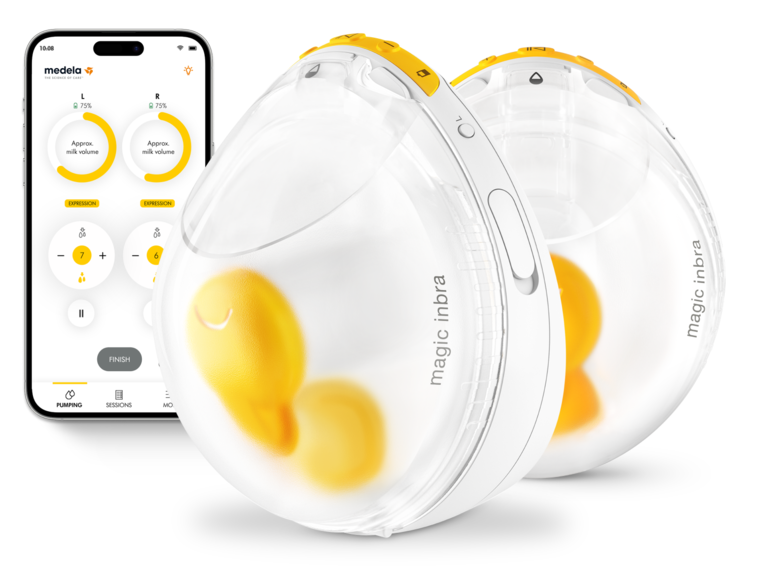
Magic Inbra™
Medela Magic Inbra™ : The gentle wearable breast pump for unmatched performance
Meet the next generation breast pump combining unmatched performance, comfort and discretion so mums never have to compromise again. With innovative FluidFeel Technology™ inspired by baby´s natural feeding, Magic Inbra™ combines powerful pumping that is gentle and comfortable. With the clinically proven Symphony® pumping pattern from the No. 1 breast pump used in hospitals worldwide.1 For trusted hospital performance.


Rent a Breast Pump

Contact us
Reach out to the Medela team for personalized support, inquiries, or feedback. Whether you have questions about our products, need assistance with breastfeeding, or want to share your experience, we're here to help.
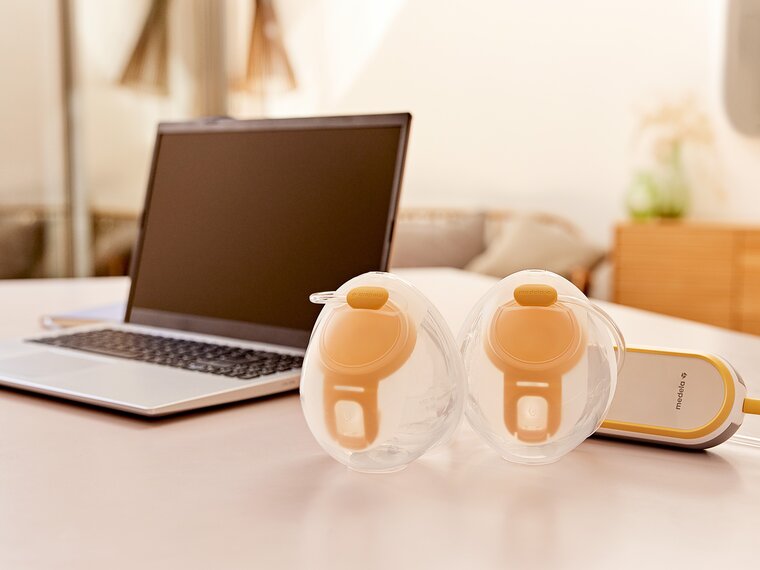
Community Support
Medela is committed to supporting the wider community through local and national projects and initiatives.

Rent a Breast Pump

Contact us
Reach out to the Medela team for personalized support, inquiries, or feedback. Whether you have questions about our products, need assistance with breastfeeding, or want to share your experience, we're here to help.

Community Support
Medela is committed to supporting the wider community through local and national projects and initiatives.

Hands-free Electric
Hands-free breast pumps feature in-bra collection cups for multi-tasking and an internal rechargeable battery, so you don’t have to be plugged into a wall while using. Choose from single or double cups.

Classic Electric
Our electric breast pumps feature 2-Phase Expression technology, which mimics babies’ natural sucking rhythms, allowing mums to express more breast milk in less time.

Manual
Single manual breast pumps are perfect for mums who express occasionally and need a lightweight travel companion.

Symphony - No 1 Hospital Pump
Medela Symphony® is a reliable, multi-user breast pump for hospitals and home rental, ideal for long-term and frequent pumping.

Magic Inbra™
Medela Magic Inbra™ : The gentle wearable breast pump for unmatched performance
Meet the next generation breast pump combining unmatched performance, comfort and discretion so mums never have to compromise again. With innovative FluidFeel Technology™ inspired by baby´s natural feeding, Magic Inbra™ combines powerful pumping that is gentle and comfortable. With the clinically proven Symphony® pumping pattern from the No. 1 breast pump used in hospitals worldwide.1 For trusted hospital performance.

Purelan™ lanolin cream
In the first few days and weeks of frequent breastfeeding, many women experience nipple soreness and dry skin. Purelan™ lanolin cream gives you fast relief for sore nipples and dry skin.
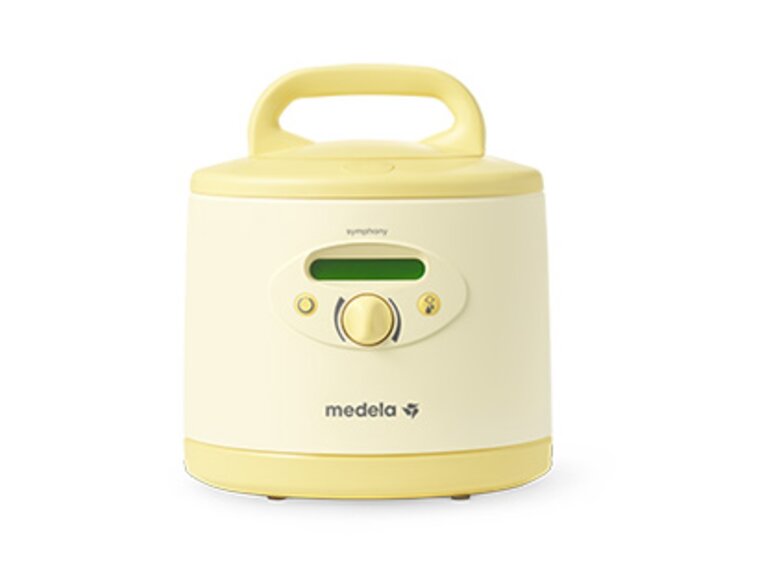
Symphony® breast pump
The Symphony breast pump by Medela is a double electric hospital-grade breast pump available for rental.





